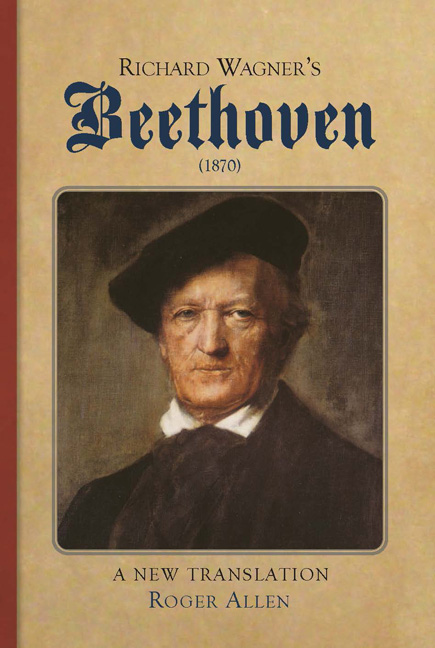Book contents
I - Introduction
Published online by Cambridge University Press: 05 November 2014
Summary
Historical Background
In 1870 Wagner was approaching the summit of his creative achievement as he brought the Ring towards completion with the orchestration of Siegfried Act III and the composition of Götterdämmerung. There was also a longed-for and welcome improvement in his domestic circumstances: Cosima's marriage to Hans von Bülow was formally dissolved on 18 July, leaving Wagner and Cosima free to legalise their union and legitimise their already well-established domestic household at the Villa Tribschen on Lake Lucerne. The pair married in the Protestant Church in Lucerne on 25 August with Hans Richter and Malwida von Meysenburg as witnesses.
1870 was also a momentous and fateful year on the wider political stage of continental Europe. On 19 July, Prussian Minister President Otto von Bismarck had finally goaded France into declaring war on Prussia, which on 2 September was to reach the culmination of its first stage with the capture of Emperor Napoleon III and the defeat of France at the Battle of Sedan. Wagner's patron, King Ludwig II, had already placed Bavarian troops at the disposal of the Prussian High Command in the complex series of power games that preceded the outbreak of hostilities. The conflict encouraged Wagner's deepseated anti-French sentiments and it is clear from Cosima's diaries that enthusiasm for the war ran high at Tribschen.
- Type
- Chapter
- Information
- Richard Wagner's Beethoven (1870)A New Translation, pp. 1 - 28Publisher: Boydell & BrewerPrint publication year: 2014



